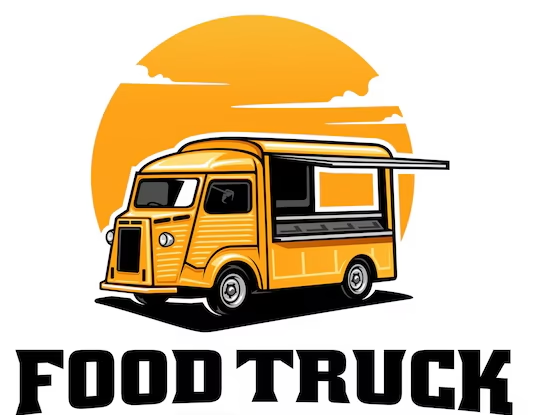Designing a Solar-Powered Food Trailer: A Sustainable Culinary Venture
In the age ofhttp://yourdesignedfoodtrailer.shop sustainability and innovation, food entrepreneurs are exploring eco-friendly solutions for their mobile kitchens. One exciting trend is the solar-powered food trailer, which allows vendors to operate independently while reducing their carbon footprint. Whether you’re starting fresh or converting an existing trailer, here’s a comprehensive guide to designing your own solar-powered food trailer.
Why Choose Solar Power?
Opting for solar energy offers several advantages:
- Cost Efficiency – Saveshttp://craigslist.org money on fuel and electricity over time.
- Environmental Impact – Reduces reliance on fossil fuels and lowers greenhouse gas emissions.
- Energy Independence – Operates without needing a grid connection, ideal for remote locations.
- Brand Appeal – Attracts eco-conscious customers who appreciate sustainability efforts.
Essential Components of a Solar-Powered Food Trailer
To build a successful solar-powered food trailer, you need to consider several components:
1. Solar Panels
The foundation of your system, http://ebay.comsolar panels convert sunlight into usable energy. Choose high-efficiency panels based on your power needs and available roof space.
2. Battery Storage
Since solar panels generate energy during the day, you’ll need batteries to store excess energy for nighttime operations. Lithium-ion batteries are preferred due to their efficiency and lifespan.
3. Inverter
An inverter converts the stored DC (direct current) power into AC (alternating current), which is necessary for running kitchen appliances.
4. Energy-Efficient Appliances
Select appliances http://commercialtrucktrader.comwith low energy consumption, such as:
- LED lighting
- High-efficiency refrigerators/freezers
- Induction cooktops instead of traditional gas stoves
5. Backup Generator (Optional)
While solar energy is reliable, cloudy days can affect energy production. A small backup generator ensures uninterrupted service.
Design Considerations for Solar-Powered Food Trailers
When designing your trailer, these factors are crucial:
Roof Space for Panels
The more panels you install,http://facebook.com/marketplace the greater your energy capacity. Ensure that your roof is large enough and structurally sound to support them.
Weight Distribution
Solar panels and batteries add weight to your trailer. Ensure proper weight distribution to maintain stability while driving.
Insulation and Ventilation
Proper insulation reduces energy consumption, while ventilation ensures fresh air circulation, keeping your kitchen comfortable.
Regulatory Compliance
Check local regulations and permits related to solar installations and food trailer operations in your area.
Conclusion
A solar-poweredhttp://usedvending.com food trailer is more than an eco-friendly innovation—it’s a smart business decision that can set you apart in the food industry. With proper planning and high-quality components, you can create a mobile kitchen that runs efficiently and sustainably.
Would you like help designing your specific solar setup based on your business needs?

